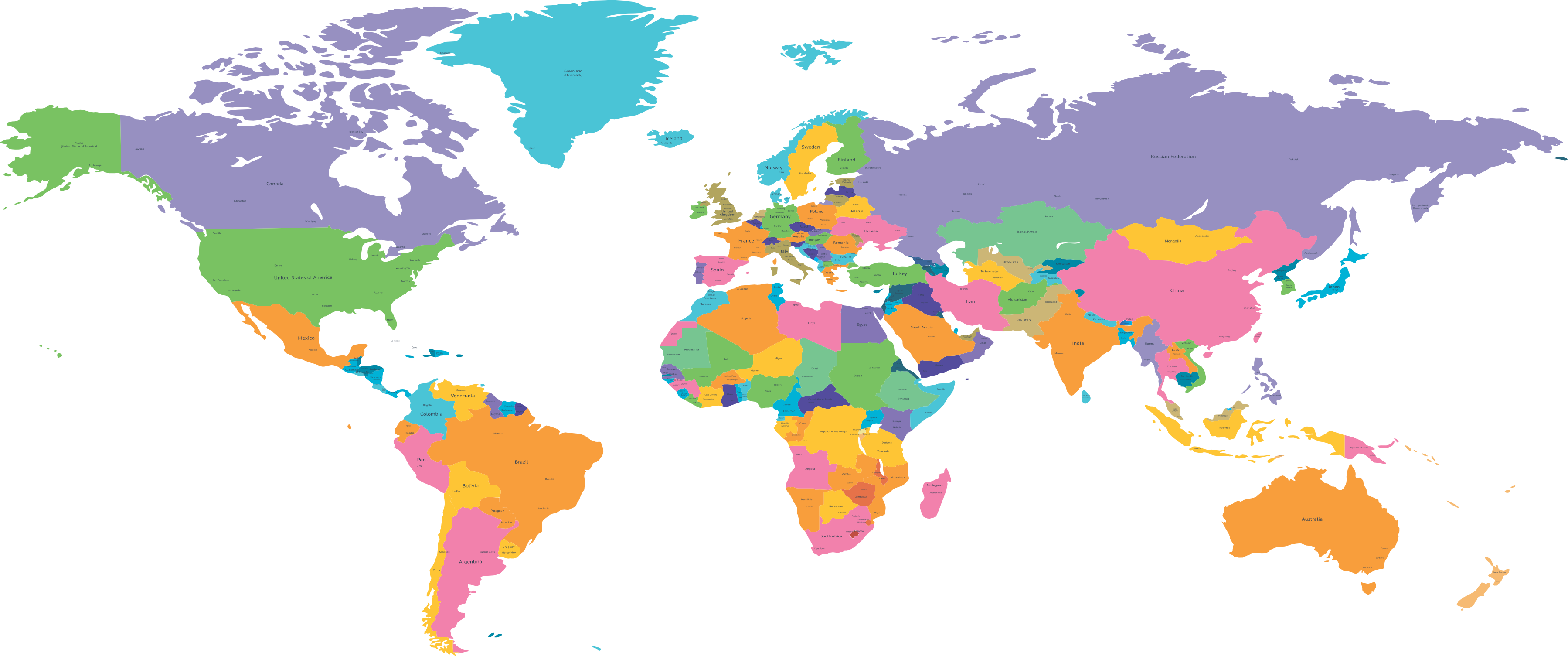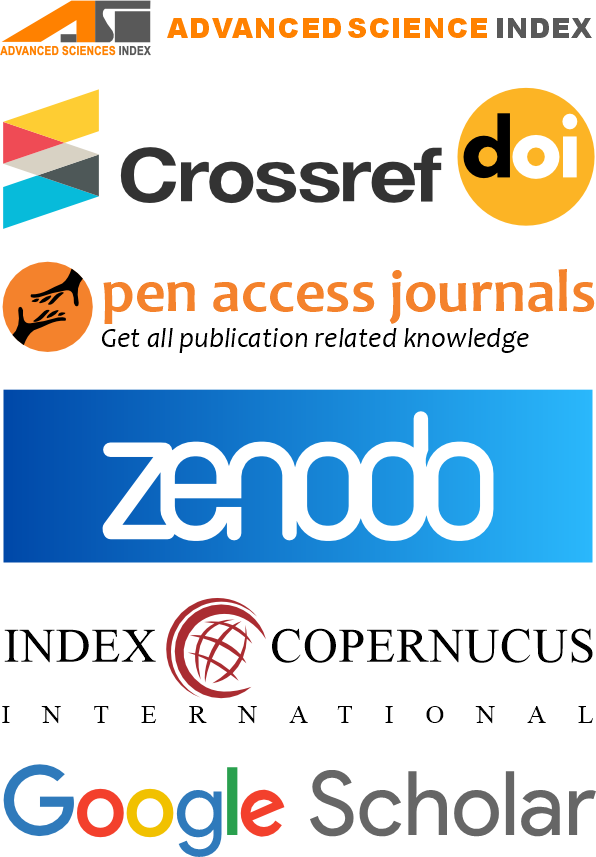A Historical Analysis of Political Polarization and Instability in Pakistan (1947-2022)
DOI:
https://doi.org/10.62997/rl.2024.31063Keywords:
Polarization, Instability, Democracy, Dictatorship, Secession, Pakistan, Bangladesh, LeadershipAbstract
This study examines the historical trajectory of political polarization and instability in Pakistan from 1947 to 2022. After the demise of Quaid-e-Azam Muhammad Ali Jinnah, the country's political framework quickly weakened, characterized by escalating tensions between East and West Pakistan's leadership. This regional rift hindered democratic progress and created conditions for prolonged military rule. The intensifying discord in East Pakistan ultimately resulted in the region's secession and the emergence of Bangladesh in 1971, a consequence of deep-rooted political polarization and ideological divisions among Pakistan's political parties, which fuelled divergence and eventually led to the breakup of the nation. In West Pakistan, Zulfiqar Ali Bhutto came to power, but his government quickly encountered widespread opposition through the PNA movement, culminating in General Zia-ul-Haq's military coup and a prolonged martial law regime lasting a decade. The 1990s saw heightened political competition between Benazir Bhutto and Nawaz Sharif, further destabilizing the country and paving the way for another military intervention by General Pervez Musharraf in 1999. Following the return to democracy in 2008, successive governments, first led by the PPP and later by the PML-N, faced mounting political resistance. The emergence of PTI intensified partisan divisions, especially after its 2018 electoral triumph. The subsequent creation of the PDM and the successful no-confidence vote against the PTI government in 2022 marked a new era of political fragmentation and institutional instability. This paper examines how persistent civil-military conflicts, contested elections, and inter-party strife have perpetuated political turmoil throughout Pakistan's post-independence history.
References
Afzal, M. R. (1987). Political Parties in Pakistan 1958-1969. Islamabad: National Institute of Historical and Cultural Research.
Ahmad, I. (1996). Pakistan Ki Siyasat Ka Pehla Awami-o-Hangami Dur. Lahore: Anjuman Khuda-mul-Quran.
Ahmad, N. (2004). Political Parties in Pakistan: A Long Way Ahead. Islamabad: Centre for Democratic Governance.
Ahmar, M. (2020, December 11). How 1970 elections led to the break-up. The Express Tribune. https://tribune.com.pk/story/2275471/how-1970-elections-led-to-the-break-up.
Altaf, H. (2019). History of Military Interventions in Political Affairs in Pakistan (Master Thesis). New York: City University of New York.
Chaudhry, F. (2022 April, 9). Imran Khan loses no-trust vote, prime ministerial comes to unceremonious end. Daily Dawn. https://www.dawn.com/news/1684168
Craig, B. (2007). Diaries of Field Marshal Muhammad Ayub Khan. Karachi: Oxford University Press.
Exit stage left the movement against Ayub Khan. (2014, August 31). Daily Dawn. https://www.dawn.com/news/1128832.
Farakh, Z. I. (2022). Bichar Gay: Saniyah Mashraqee Pakistan Ki Tagziyatee Khud Nosht. Jehlum: Book Corner.
Flashback: The Martial Law of 1958. (2011, October 8) Daily Dawn. https://www.dawn.com/news/664894/flashback-the-martial-law-of-1958?ref=hir.harvard.edu.
Get ready for ‘Islamabad march’. (2022 April, 23). The Express Tribune. https://tribune.com.pk/story/2353926/get-ready-for-islamabad-march
Hamid, S. S. (1993). Early Years of Pakistan: Including the Period from August, 1947 to 1959. Lahore: Feroz sons.
Hashim, A. (2018 August, 17). Imran Khan elected as Pakistan’s Prime Minister. Aljazeera. http://www.aljazeera.com/news/2008/8/17/imran-khan-elected-as-pakistans-prime-minister.
Hussain, Z. (2005). The politics of Service Delivery in Pakistan: Political Parties and the Incentives for Patronage 1988-1999. Washington DC: South Asia Poverty Reduction and Economic Management.
Imran accuses General Bajwa of ‘double game’ against his government. (2022 December 5). Deccan Herald. https://www.deccanherald.com/international/world-news-politics/imran-accuses-general-bajwa-of-double-game-against-his-government-1168493.html
Imran Khan Announces end of PTI protests. (2014 December, 17). Daily Dawn. http://www.dawn.com/news/1151434.
Jalal, A. (1991). The State of Martial Rule: The origins of Pakistan’s political economy of defense. Lahore: Vanguard Books.
Jalal, A. (1995). Democracy and authoritarianism in South Asia: A comparative and historical perspective. Cape Town: Cambridge University Press.
Javed, M. T & Shafiq, M. (2022). Afghanistan Factor in Enhancing Extremism and Terrorism in FATA. Global Foreign Policies Review, V(II), 66-77. http://dx.doi.org/10.31703/gfpr.2022(V-II).07.
Javed, M. T., Shafiq, M & Azhar, M. (2022). A Saga of Decisive Combat of Pakistan Army in North and South Waziristan (2009-2016). Global Strategic and Security Review, VII(II), 61-72. http://dx.doi.org/10.31703/gsssr.2022(VII-II).08.
Kamran, T. (2008). Democracy and Governance in Pakistan. Lahore: South Asia Partnership-Pakistan Haseeb Memorial Trust Building.
Kaushik, RK. (2017, July 29). The rise and fall of Nawaz Sharif. The Tribune. Retrieved from http://www.tribuneindia.com/news/archive/comment/the-rise-and-fall-of-nawaz-sharif-443676
Khalid, I., & Sajid, A. (2021). Power Sharing in Pakistan: A Failed Experience from 1988-1999. Pakistan Social Sciences Review, 5(I), 218-230. http://doi.org/10.35484/pssr.2021(5-I)18.
Khan, H. (2005). Constitutional and Political History of Pakistan. Karachi: Oxford University Press.
Khan, I., & Syed, K. H. (2017). General Muhammad Zia Ul Haq and Non Party Politics in Pakistan: An Analysis. Pakistan Social Sciences Review, 1(1), 174-185. http://doi.org/10.35484/pssr.2017(1-I)14
Khan, K. (1996, November 5). Bhutto Out As Premier in Pakistan. The Washington Post. http://www.washingtonpost.com/archive/politics/1996/11/5/bhutto-out-as-prime-minister-in-pakistan/.
Khan, M. A. (1967). Friends Not Masters: A political Auto Biography. London: Oxford University Press.
Khan, N., and Fahad, S. (2018). Historical Review of political Instability and Economic Growth of Pakistan. Developing Country Studies, 8 (9), 9-18.
Khan, S. U. Translate. Amin, M. (2021). Mashraqee Pakistan Sai Bangladesh Tak. Lahore: Dua Publications.
MacDermot, N. (1972). The Events in East Pakistan, 1971. Geneva: The Secretary of the International Commission of Jurists.
Malik, I. H. (2008). The History of Pakistan. London: Greenwood Press.
Mehdi, T. (2012, December 17). Revisiting 1971: What if they elected traitors?. Daily Dawn. https://www.dawn.com/news/771987/revisiting-1971-what-if-they-elected-traitors.
Mehdi, T. (2013 April, 16). An overview of 2008 general elections. Daily Dawn. http://www.dawn.com/news/802815/an-overview-of-2008-general-elections.
Mehmmod, S. (1990). Pakistan Kyun Toota?. Lahore: Jang Publishers.
Milacic, F. (2021). The Negative Impact of Polarization on Democracy. Vienna: Friedrich Ebert Stiftung.
Nawaz, A. (2015). Political Instability in Pakistan. International Journal of Art & Humanity Sciences, 2 (1), 19-22.
Pakistan profile-Timeline. (2019 March, 4). BBC News. http://www.bbc.com/news/world-south-asia-12966786.
Pakistan: Fazlur Rehman appointed Chief for newly formed PDM alliance. (2020 October, 4). Hindustan Times. https://www.hindustantimes.com/world-news/pakistan-fazlur-rehman-appointed-chief-for-newly-formed-pdm-alliance/storycXtV0c0FsoOmwppY3f4cmO.html.
Pakistan’s Nawaz Sharif approved as prime minister by MPs. (2019 June, 2013). BBC News. http://www.bbc.com/news/world-asia-22767734
Pardesi, Y. Y. (n.d.). An Analysis of Constitution Crisis in Pakistan (1958-1959). The Dialogue, VII (4), 375-392. https://www.qurtuba.edu.pk/thedialogue/The%20Dialogue/7_4/Dialogue_October_December2012_375-392.pdf.
PDM announced no-trust motion against PM Imran’s govt. (2022 February, 11). The Express Tribune. https://tribune.com.pk/story/2343108/pdm-announces-no-trust-motion-against-pm-imrans-govt.
PDM to go ahead with ‘anti-inflation, march to Islamabad on Pakistan Day. (2022 January, 25). Daily Dawn. https://www.dawn.com/news/1671432.
Rabbani, A. (2011, April 14). Ayub Khan blunders. The Nation. https://www.nation.com.pk/14-Apr-2011/ayub-khans-blunders.
Rafiq, S. H. (n.d.). Tareekh-e-Pakistan. Lahore: Standard Book House.
Rehman, I. U. (1982). Public and Political Development in Pakistan. Karachi: Oxford University Press.
Rizwan, M. (2014). The Elections 1970: From Ballot to Nowhere. Asian Journal of Social Sciences & Humanities 3 (2), 28-36. http://ajssh.leena-luna.co.jp/AJSSHPDFs/Vol.3(4)/AJSSH2014(3.4-04).pdf.
Salik, S. (1997). Witness to Surrender. Dhaka: The University press Limited.
Shah, K. M., & Sareen, S. (2019). The Mohajir: Identity and Politics in Multiethnic Pakistan. Observer Research Foundation.
Siddiqi, A. R. (2020). General Agha Muhammad Yahya Khan: The Rise & Fall of a Soldier. Karachi: Oxford University Press.
Sohail, A., Shah, J., & Abdullah, H. (2021). An Inquiry in to the Causes of the fall of Ayub Khan. Pakistan Review of Social Sciences, 2(1), 70-89. https://www.pakistanreview.com/index.php/PRSS/article/view/91
Special Report: After the assassination 2008-2013. (2017 December, 2). Daily Dawn. http://www.dawn.com/news/1374113.
Suno News HD. (2023, January 27). Exclusive Interview with Mustafa Nawaz Khokhar. YouTube. https://youtu.be/acPQ44fohBY?si=Vnndnh1JzAxUpaII.
Suvra, K. I. J. (2021). Bangabandhu and Evolution of Bangladesh. International Journal of Science and High Technologies 25(2), 78-89.
Syed, A. H. (1989). Factional Conflict in Punjab Muslim League. The University of Chicago Press Journals, 22(1), 49-73. : http://www.jstor.org/stable/3234846
Waseem, M. (1994). Politics and the State in Pakistan. Islamabad: National Institute of Historical and Cultural Research.
Weber, T. J., Hydock, C., Ding, W., Gardner, M., Jacob, P., Mandel, N., Sprott, D. E. and Van Steenburg, E. (2021). Political polarization: challenges, opportunities, and hope for consumer welfare, marketers, and public policy. Journal of Public Policy & Marketing, 40(2), 184-205. https://psycnet.apa.org/doi/10.1177/0743915621991103
Zaafir, M. S. (2022 December, 26). PTI resignations: Plan to approach NA speaker likely to hit a snag. Thenews.com.pk; The News International. https://www.thenews.com.pk/print/1023919-pti-resignations-plan-to-approach-na-speaker-likely-to-hit-a-snag
Zahoor, M. A. (2017). Zualfiqar Ali Bhutto: Political Behavior and Ouster from power. Journal of the Punjab University Historical Society, 30(2), 99-110. https://www.prdb.pk/article/zulfikar-ali-bhutto-political-behaviour-and-ouster-from-pow-7806
Zahra, U., Iqbql, J. (2021). Politics of alliance and its effects during Zualfiqar Ali Bhutto’s rule in Pakistan. Liberal Arts & Social Sciences International Journal, 5(2), 89-104. https://doi.org/10.47264/idea.lassij/5.1.7
Ziring, L. (2003). Pakistan: At the Crosscurrent of History. England: One world Publications.




